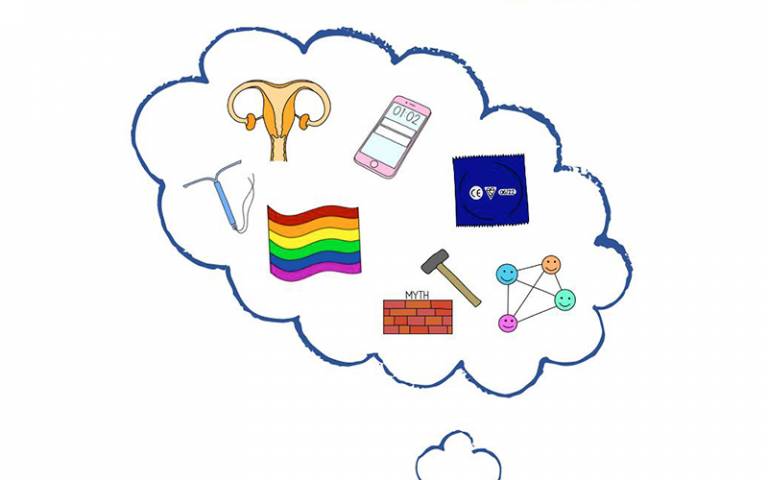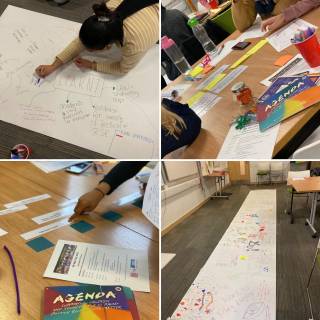Preparing to Teach Relationships and Sex Education in Secondary Schools
Addressing training and development needs in Relationships and Sex Education (RSE) for student teachers.

30 April 2021
New legislation has made Relationships Sex and Education (RSE) and Health Education statutory in all secondary schools in England from September 2020. Clearly there is an urgent need to ensure that teachers are intellectually, professionally, and practically prepared to support this development. Teachers need the knowledge and skills to develop an appropriately sensitive, complex, and robust curriculum, which address the range of issues that young people face in relation to positive and healthy relationships, including consent, pornography, sexualities, gender inequities, online safety, digital literacy, communication and many more.
Additionally, teachers need the confidence and ability to manage the teaching and learning issues arising from such curriculum content which requires a set of subject specific pedagogies to ensure that the classroom is a safe and supportive environment. Beyond this, schools are also considering the how they will manage this curriculum development in terms of school policy, staff training and timetabling.
Challenge
This is the first time that RSE has been made compulsory in secondary schools and as such it is critical that schools and teachers have access to training and development that supports the needs of young people in relation to building positive relationships, communicating well with others, gaining access to services and information, and knowing and understanding their rights.

The new legislation offers a critical opportunity to provide this but without research-informed education and development in this area the opportunity may be lost.
RSE is frequently taught by teachers who have had very little training or education in the subject, there is often a lack of timetabled lessons dedicated to RSE and teachers often feel ill-equipped and under confident in their abilities to teach and plan for the curriculum content. This project served to begin to address those development needs in student teachers, right at the start of their profession.
Solution
Teacher educators, working on the Secondary PGCE programme in Science, Social Science and Psychology teamed up with leading researchers in gender and sexuality education, Professor Jessica Ringrose, and Dr Sara Bragg, with invaluable support and collaboration from the School of Sexuality Education (formerly Sexplain) and the Sex Education Forum, to develop a voluntary specialist initial teacher education programme for student teachers completing their PGCE in 2020. The programme covered a range of curriculum issues and focussed on developing student teachers’ skills and abilities to design and develop curricula for RSE and teach the RSE curricula using subject specific pedagogies.
In addition, the team worked with secondary schools in the PGCE partnership to better understand their training needs in relation to; whole school curriculum development, internal staff training and development and developing appropriate policy in relation to RSE.
Impact

A network of partnership schools and PGCE alumni has been formed, interested in developing their provision and working with the project team to do this.
An RSE Good Practice Guide has been developed that sets a nationwide standard of principles to guide RSE training and delivery.
Finally, the project team have become aware of the need for continued support and training in this area and as a result of the project, a programme has been developed and is adaptable for continued use with future cohorts of student teachers and potentially through an online CPD course for partnership schools.
 Close
Close

